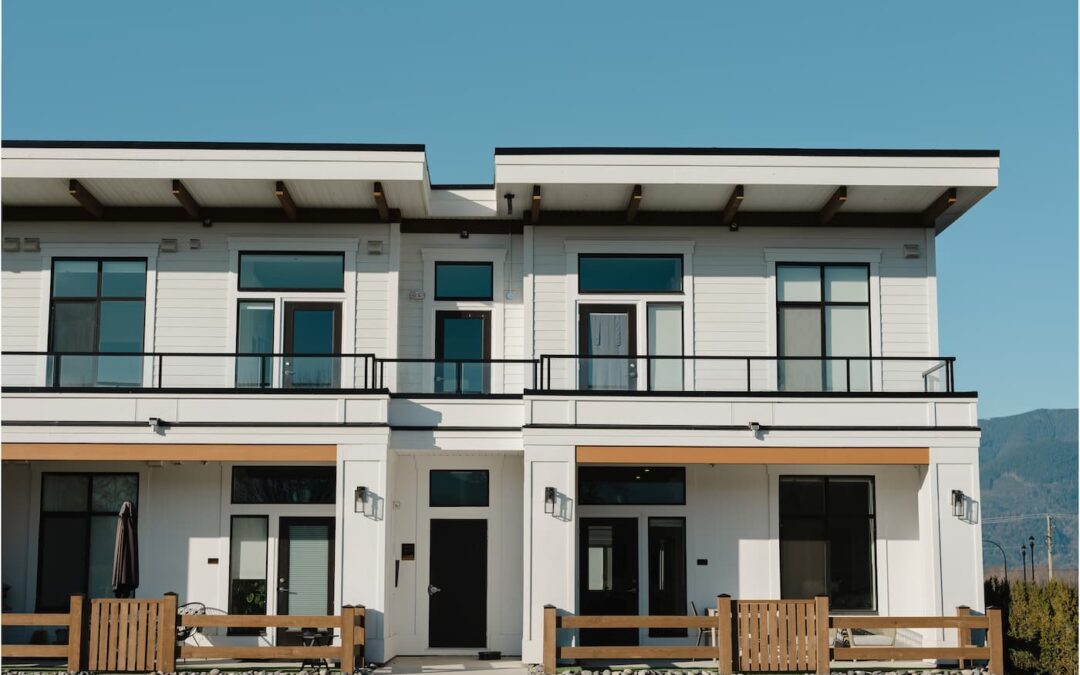The Province of British Columbia recently announced a maximum allowable rent increase of 3.0% for 2025, directly tying it to inflation rates. This adjustment marks a slight decrease from the 3.5% cap in 2024, underscoring the government’s efforts to balance renter protection with the rising costs landlords face. For both renters and landlords, understanding the reasons behind this cap, its historical context, and the ongoing debates around rent control is crucial for navigating BC’s complex housing market.
Why Is BC’s 2025 Rent Increase Cap Tied to Inflation?
The decision to link the 2025 rent increase cap to inflation is part of the government’s strategy to balance affordability for renters with the financial realities landlords face. By tying the cap to inflation, the government aims to protect renters from sudden, unaffordable rent hikes while still allowing landlords to cover their increasing costs.
this approach provides renters with substantial savings compared to earlier policies, which allowed rent increases of inflation plus 2%. This policy shift highlights the government’s focus on creating a fairer rental market, addressing both the affordability challenges for renters and cost management issues for landlords.
Historical Context: Changes in Rent Increase Caps Over the Years
BC’s rent increase policies have evolved significantly over the past few years. Prior to 2018, landlords could increase rents by inflation plus 2%, leading to substantial rent hikes. This policy caused financial strain for many households, prompting the government to reassess its approach.
In recent years, the rent increase caps have been adjusted to better reflect economic conditions:
- 2025: 3.0% cap
- 2024: 3.5% cap
- 2023: 2.0% cap
- 2022: 1.5% cap
- 2021: 0% cap (due to the COVID-19 pandemic)
These changes demonstrate the government’s efforts to respond to fluctuating economic conditions and prioritize housing affordability. By basing rent increases on inflation and other economic indicators, the province aims to stabilize the housing market while ensuring landlords can manage their properties effectively.
BC Rent Cap 2025 vs. Previous Years
The 3.0% rent increase cap for 2025 continues the trend of aligning rent adjustments with economic indicators like inflation. While the cap is lower than in 2024, it is higher than the 2022 and 2023 caps, reflecting an effort to balance renter protection with landlord needs in a stabilizing economy. The fluctuation in rent caps over recent years illustrates the government’s flexible approach to managing the housing market amid changing economic conditions.
During the COVID-19 pandemic in 2021, a 0% cap was implemented to provide immediate financial relief to renters. The current policy to cap increases at inflation rates reflects a more measured approach, aimed at achieving a fair balance between renter affordability and landlord viability.
Pros and Cons of Rent Caps in BC
Rent caps remain a hotly debated topic in British Columbia, with arguments on both sides.
Pros of Rent Caps
- Protection for Renters: Rent caps are essential for shielding renters from sudden, steep rent hikes, especially in high-demand markets. This protection ensures that housing remains affordable, particularly in urban areas where rental demand often exceeds supply.
- Stability and Predictability: Rent caps provide renters with a sense of stability, allowing them to plan and budget effectively without fear of unexpected rent increases.
Cons of Rent Caps
- Financial Strain on Landlords: Critics, particularly from the homebuilding and property development sectors, argue that rent caps limit landlords’ ability to cover rising expenses such as maintenance, property taxes, and mortgage payments. This financial strain could potentially discourage investment in new rental properties, exacerbating the housing shortage.
- Potential Loopholes and Controversies: Recent controversies, such as the Residential Tenancy Branch’s decision to permit a 23.5% rent increase for a landlord with a variable-rate mortgage, highlight potential loopholes in rent control policies. These incidents underscore the complexities of implementing fair and effective rent control measures.
Impact on Renters and Landlords in 2025 and Beyond
As BC prepares to enforce the 3.0% rent increase cap for 2025, both renters and landlords need to understand its implications:
- For Renters: The cap provides stability and predictability, making it easier to budget and plan for future housing costs. However, finding affordable housing may still be challenging in urban areas where rental demand continues to outpace supply.
- For Landlords: While the cap may limit potential rental income, it also promotes responsible rent-setting practices and contributes to a more stable rental market. Landlords will need to innovate in managing their costs and maintaining properties within the constraints of the rent cap.
Navigating BC’s Rental Market Amidst New Rent Caps
The new 3.0% rent increase cap for 2025 is a reflection of British Columbia’s ongoing efforts to balance the needs of renters and landlords in a dynamic housing market. By aligning rent increases with inflation, the government aims to provide protection for renters from excessive rent hikes while recognizing the financial challenges landlords face.
As the debate over rent control policies continues, it is crucial for all stakeholders—renters, landlords, and policymakers—to stay informed and engaged. Understanding these policies and their impact on the rental market will be key to navigating the complexities of BC’s housing landscape in the coming years.
Our expert insights and strategies help you navigate the ever-changing real estate landscape, from rental markets to development opportunities. Contact us today to refine your investment strategy and align with the latest market trends
